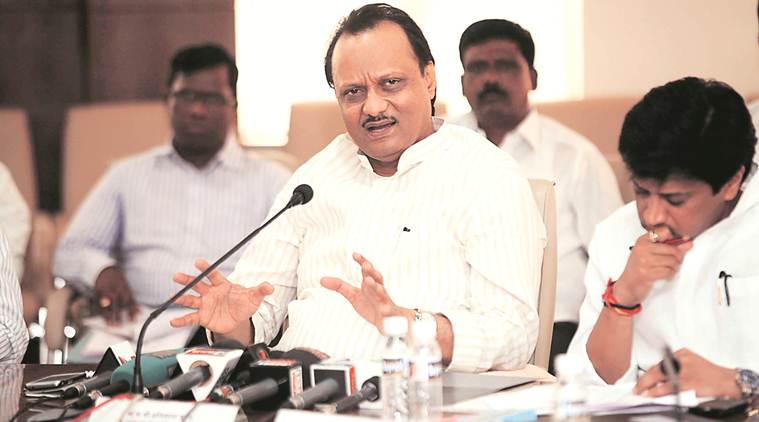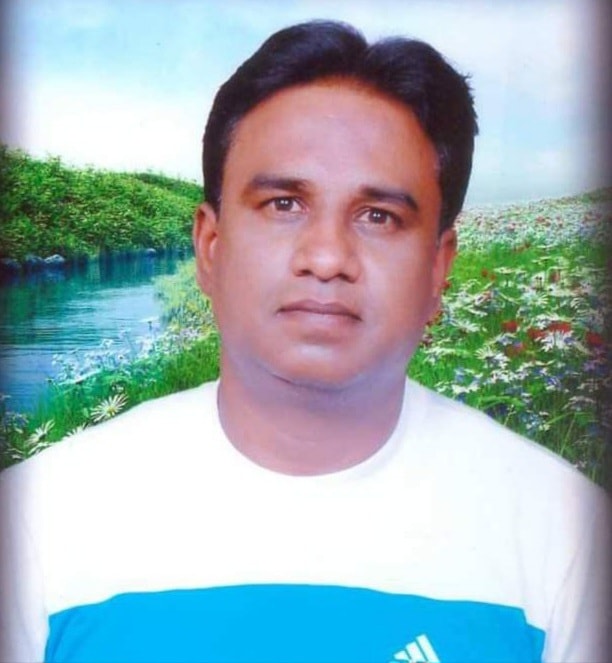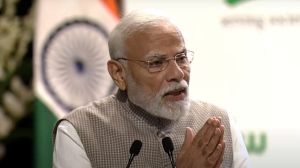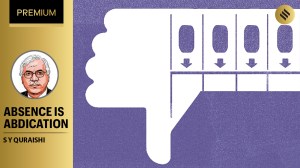Click here to join Express Pune WhatsApp channel and get a curated list of our stories
Baramati follows Bhilwara blueprint, implements ‘ruthless containment’ measures
Ajit Pawar said the residents of Baramati city will get their essential supplies at their doorstep. "The local administration has made all the arrangements, like roping in volunteers for delivery of essential goods till the doorstep of the residents," he said.
 Deputy Chief Minister Ajit Pawar (File)
Deputy Chief Minister Ajit Pawar (File)
A strict lockdown was put in place in Baramati on Friday, as a first step towards replicating the ‘rutless containment’ plan’ that has been used to successfully curb the spread of coronavirus in Bhilwara, Rajasthan.
“From today, Baramati has gone the Bhilwara way. We are strictly enforcing the lockdown in the entire city,” Deputy Chief Minister Ajit Pawar, who is from Baramati, told The Indian Express on Friday.
After registering a spike in cases initially and emerging as a coronavirus hotspot, Bhilwara auhtorities implemnted the ‘ruthless containment’ plan and managed to contain the spread of the virus. No new cases have been reported from the city in days.
“Baramati city has seen six positive cases, and one death… we have decided to implement measures to ensure that the number of cases does not rise. Since the Bhilwara model of containment has proved to be successful, we have decided to follow it,” Pawar said.
“The Bhilwara model involves sealing clusters that have seen spike in cases, identifying each infected person, isolating them and reducing their interface and interface of all those they might have come in contact with… The aim is to contain the infection and stop its spread,” said District Collector Naval Kishore Ram.
Pawar said he also wanted to implement the Bhilwara model in Pune city, which has seen increasing number of cases. “However, due to the densely-populated and congested areas in Pune city, we could not decide on it. But the model is still under consideration in Pune and we might implement the idea of containment zones within Pune city limits,” he said.
The deputy chief minister said from Friday, the Baramati administration has completedly stopped movement of local residents within the city area. “People have been told to stay indoors and ensure that they do not come out of their homes for any reason,” he said, adding that all medical and grocery shops have been closed.
Pawar said the residents of Baramati city will get their essential supplies at their doorstep. “The local administration has made all the arrangements, like roping in volunteers for delivery of essential goods till the doorstep of the residents,” he said.
Sub-Divisional officer Dadasaheb Kamble said authorities have set up seven check posts in the city to prevent movement of outsiders. “We have formed 246 teams of health officials. They have been tasked with surveying those who suffer from fever, cold and sore throat. They will then be monitored through the day and if required, will be referred to a government hospital,” said Kamble.
“We are providing essential goods like milk, vegetables, ration and gas cylinders till the doorstep of the residents,” he said.
For this, the city has been divided into 44 sectors, health assistants to officers have been appointed and volunteers have been asked to take care of the families assigned to them.
Click here to join Express Pune WhatsApp channel and get a curated list of our stories













